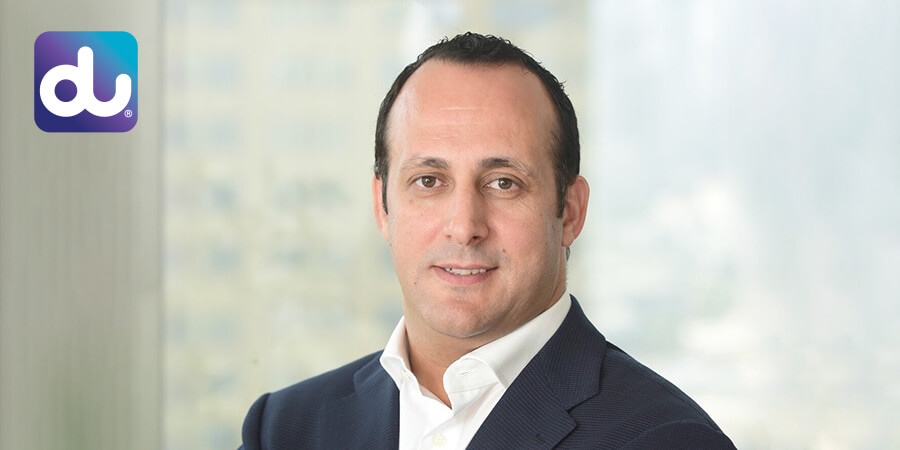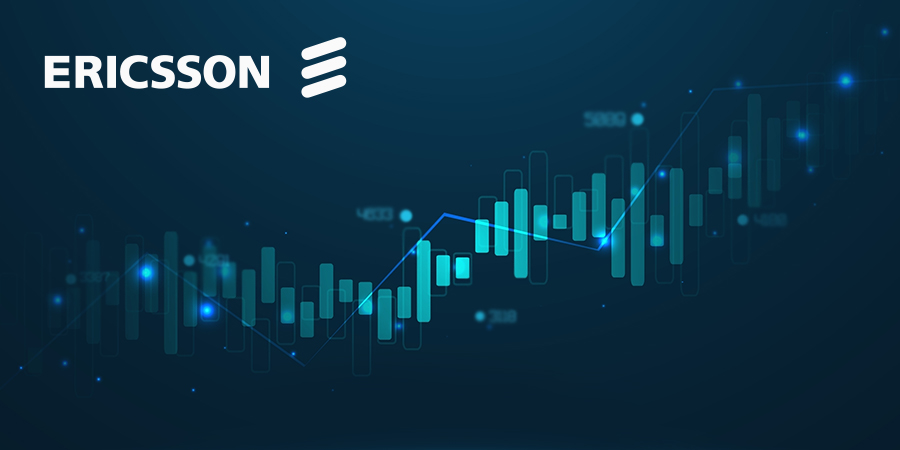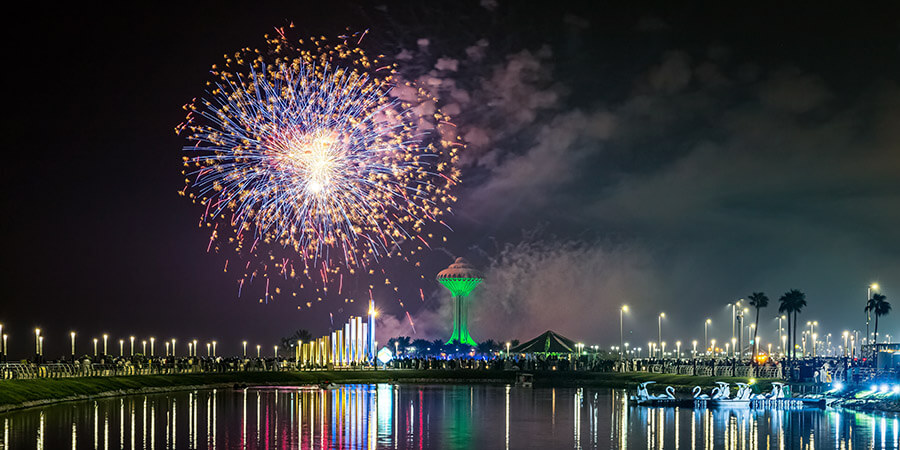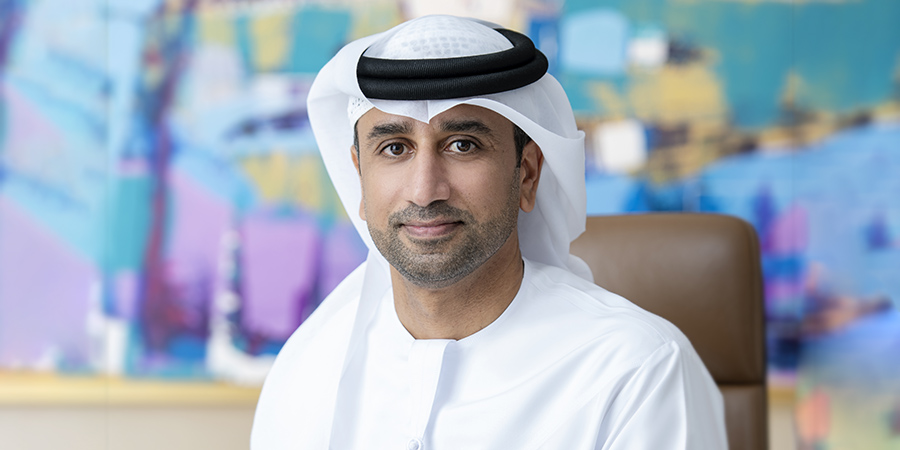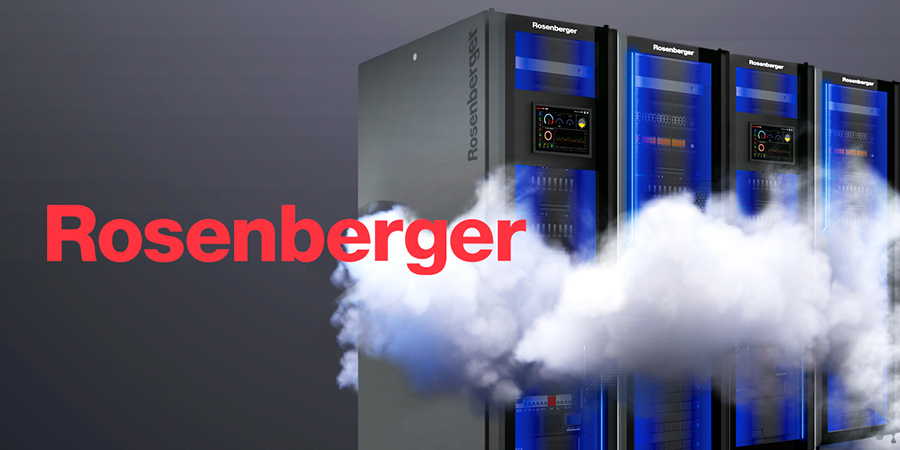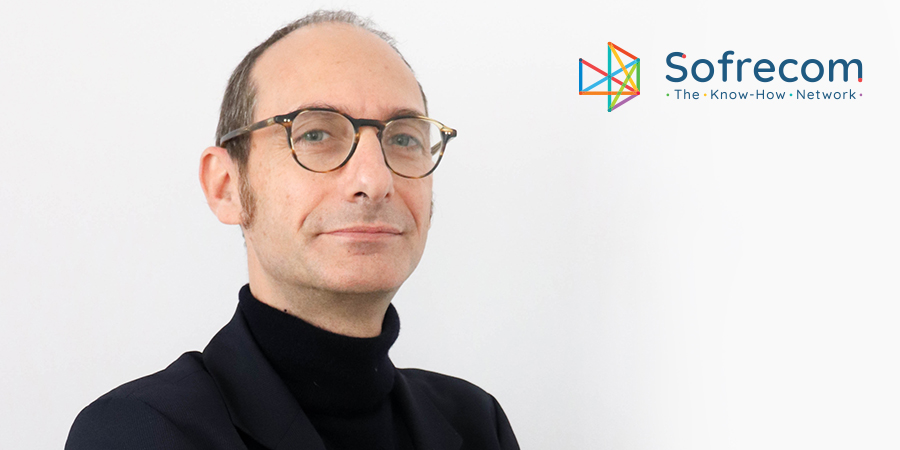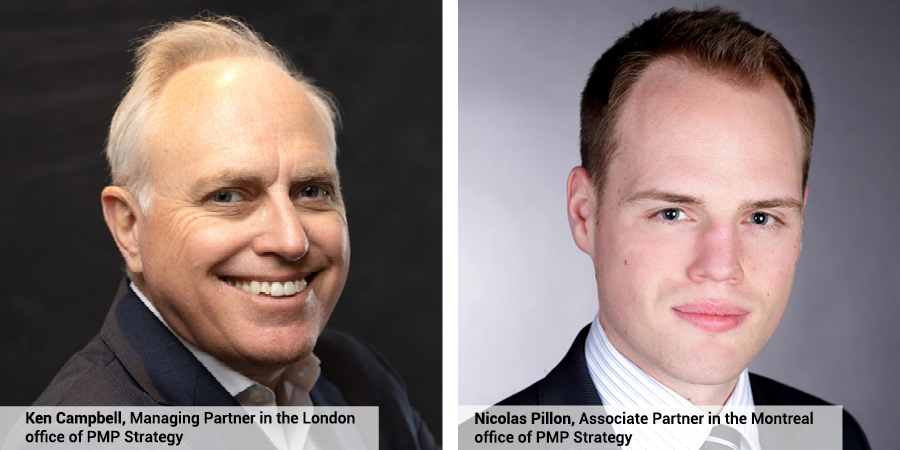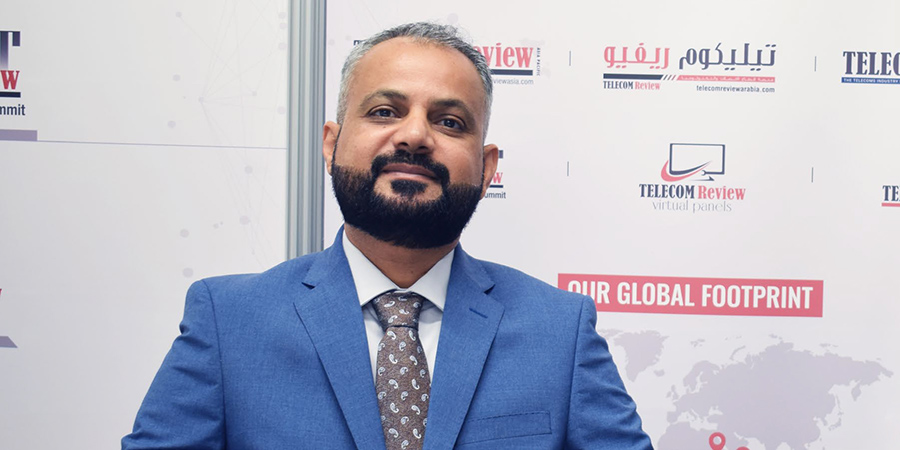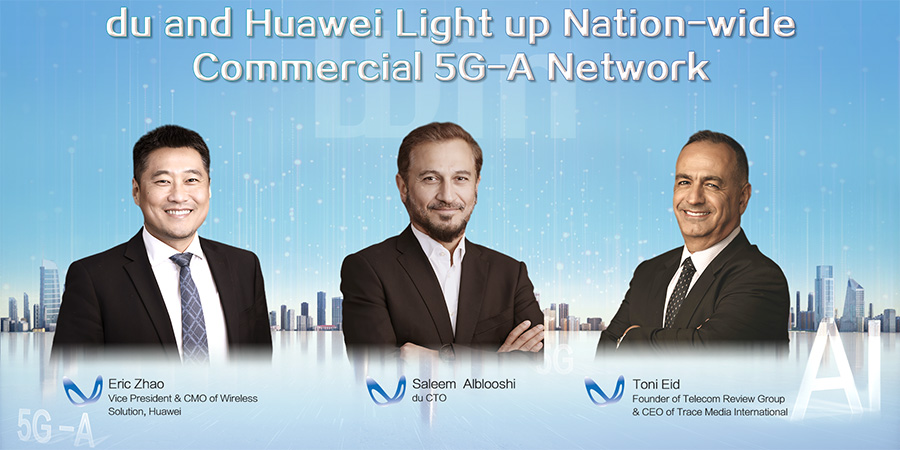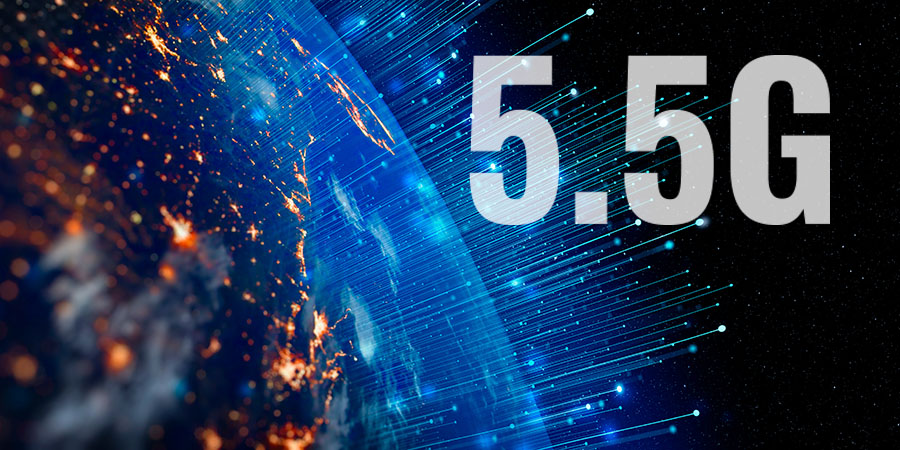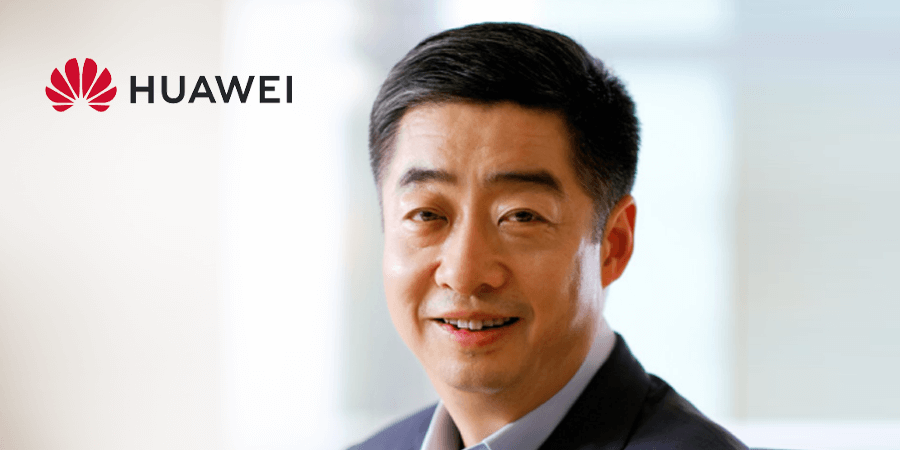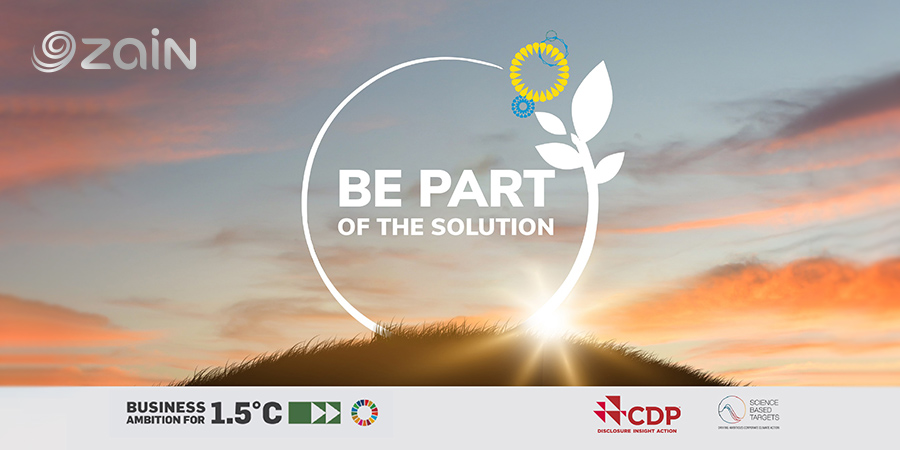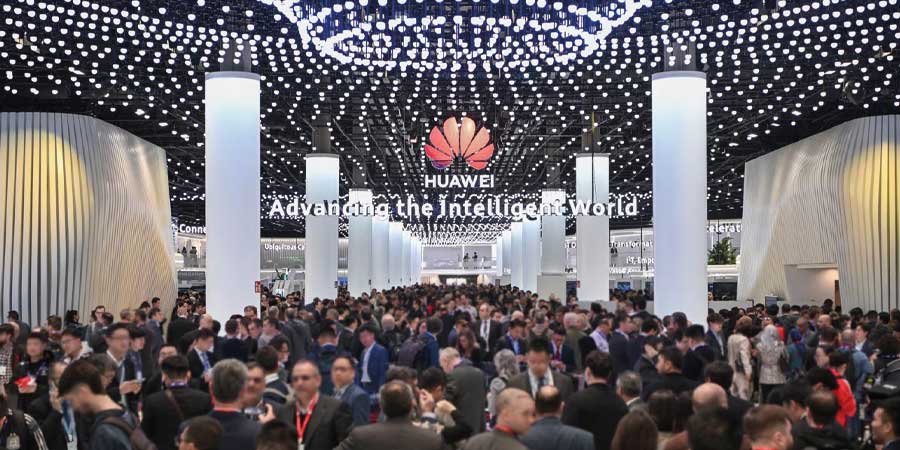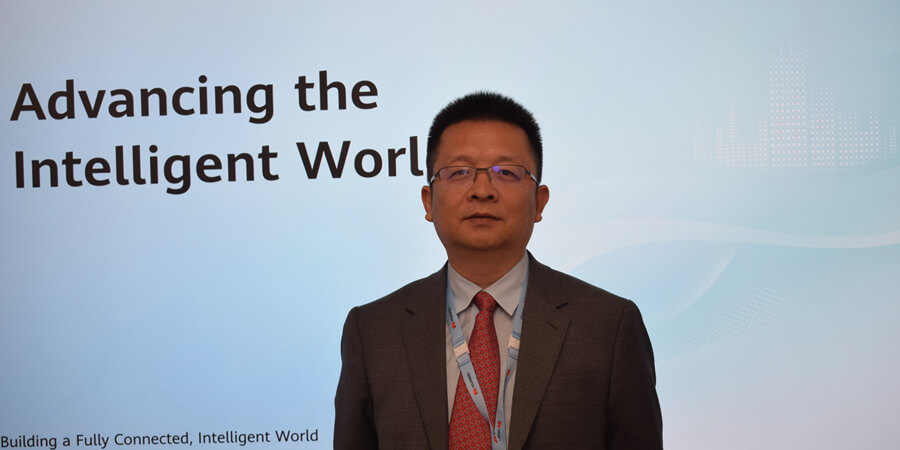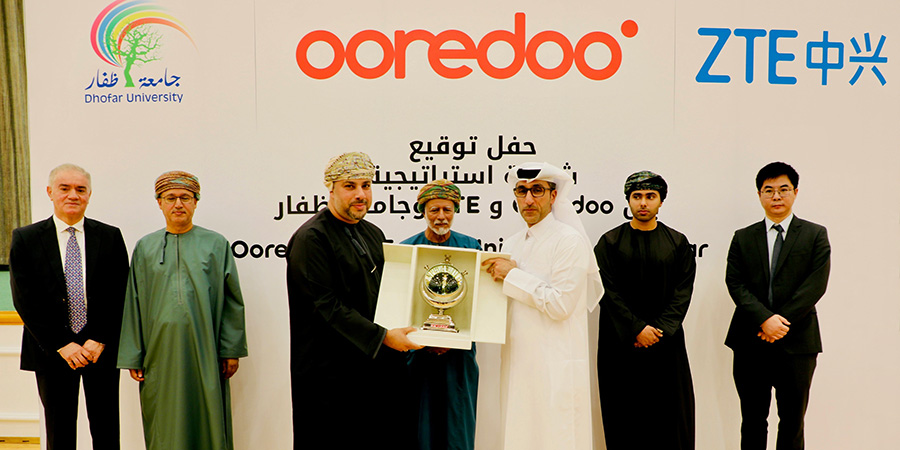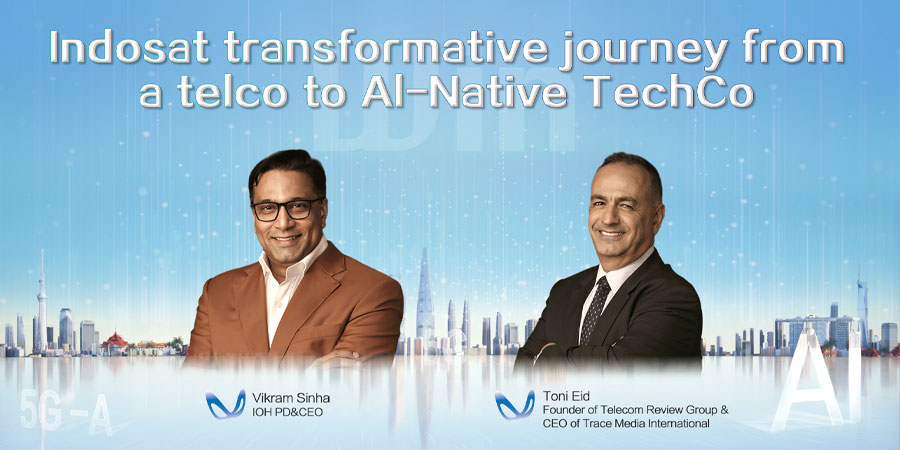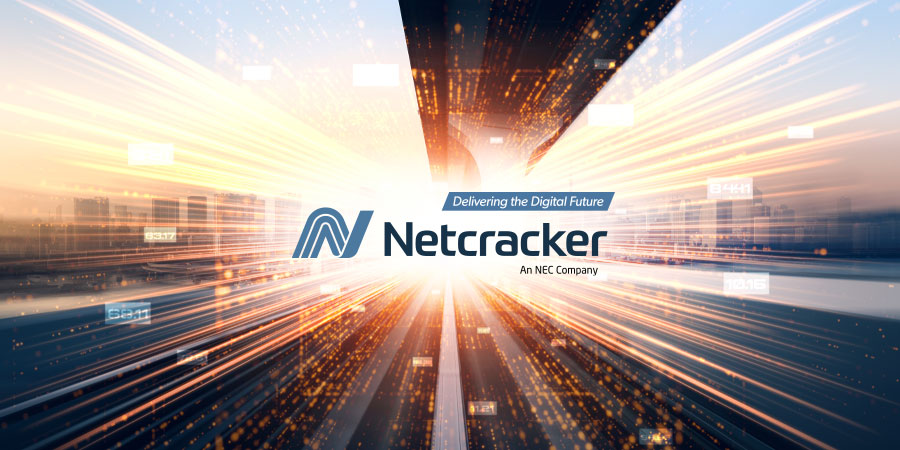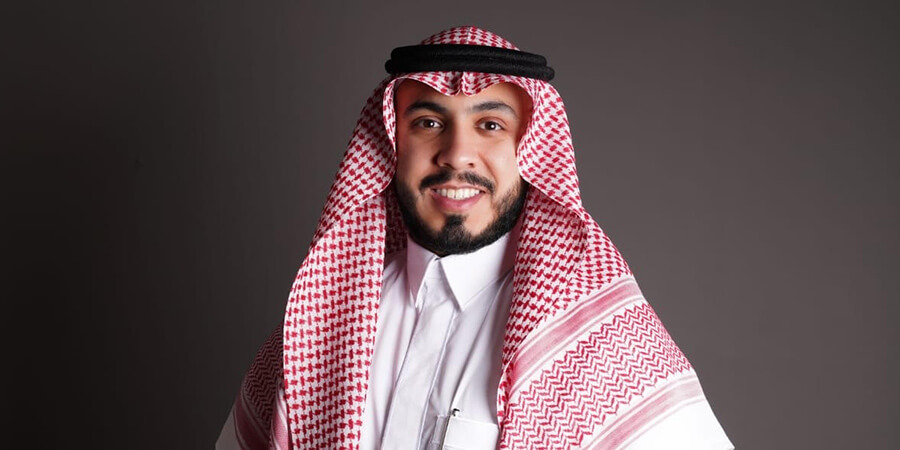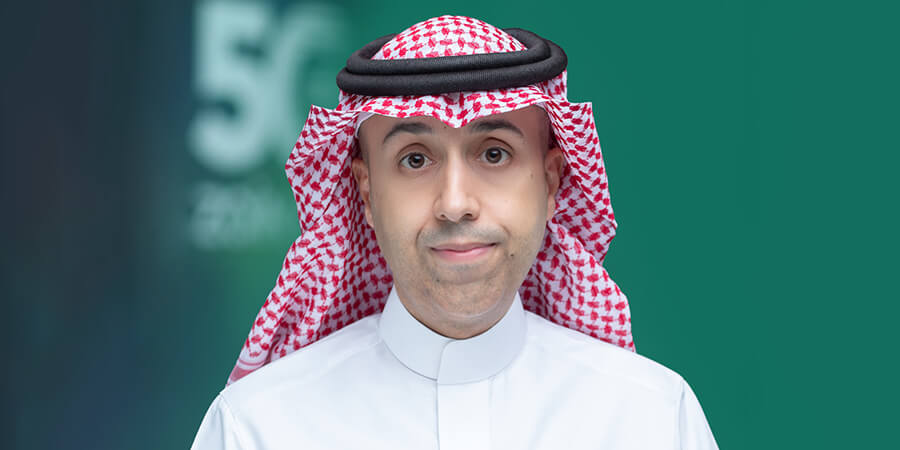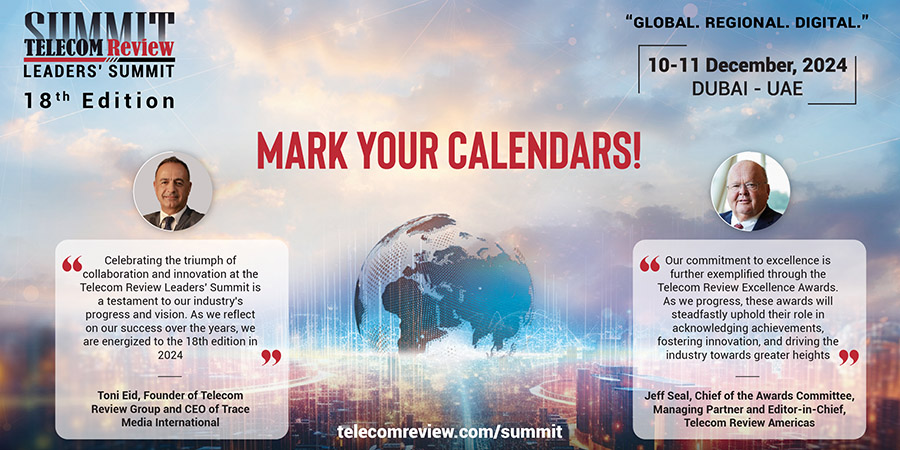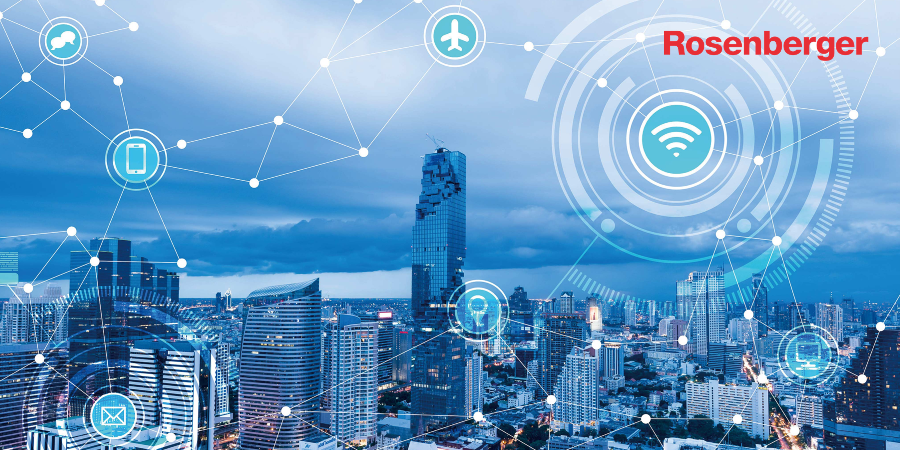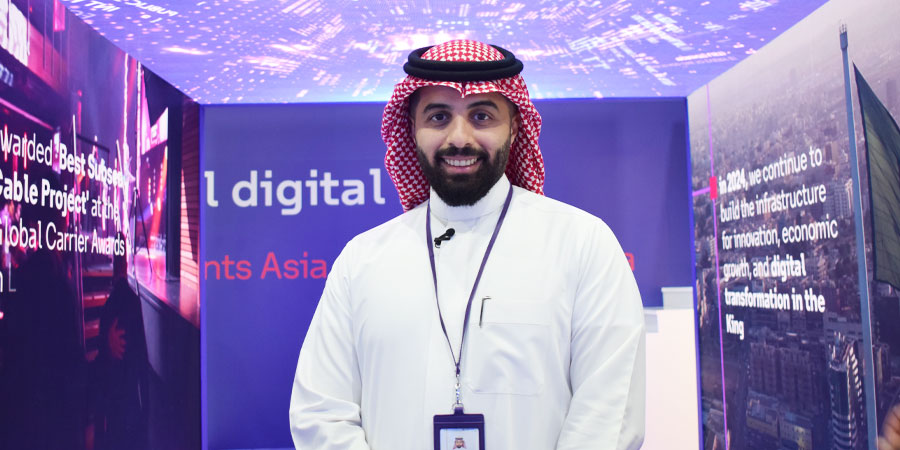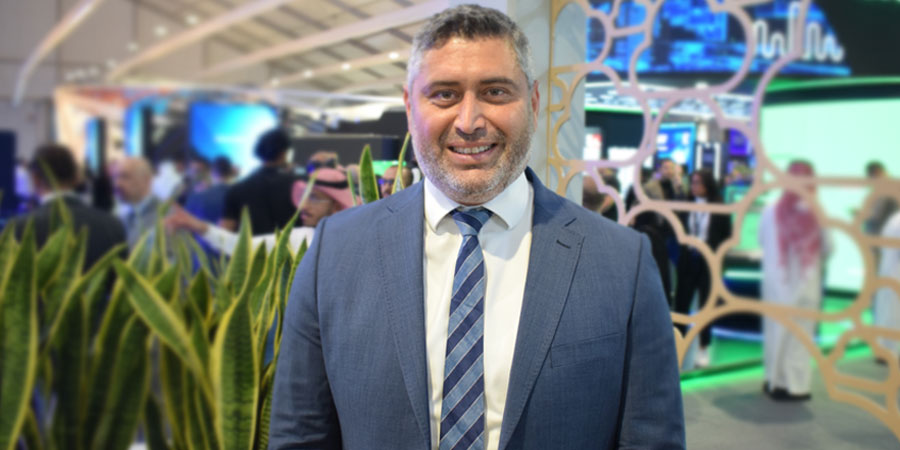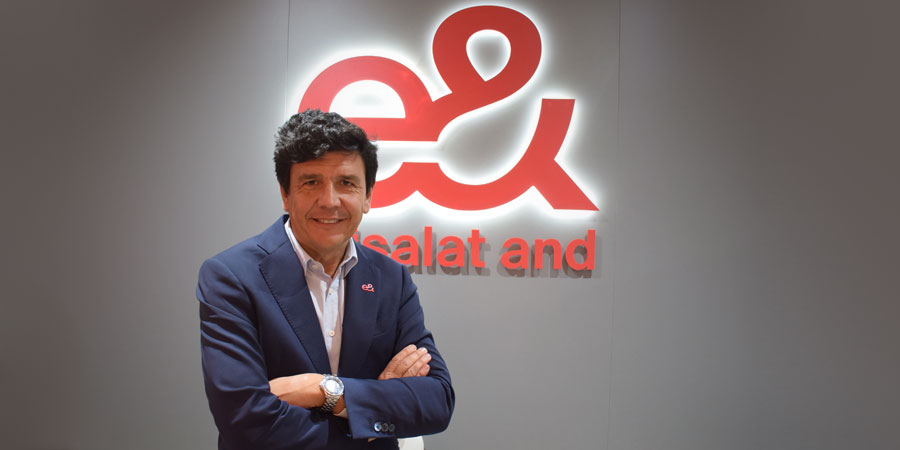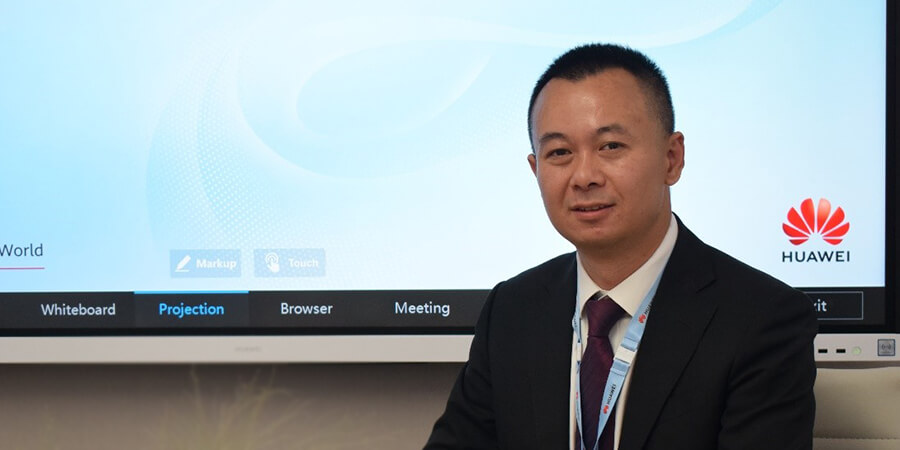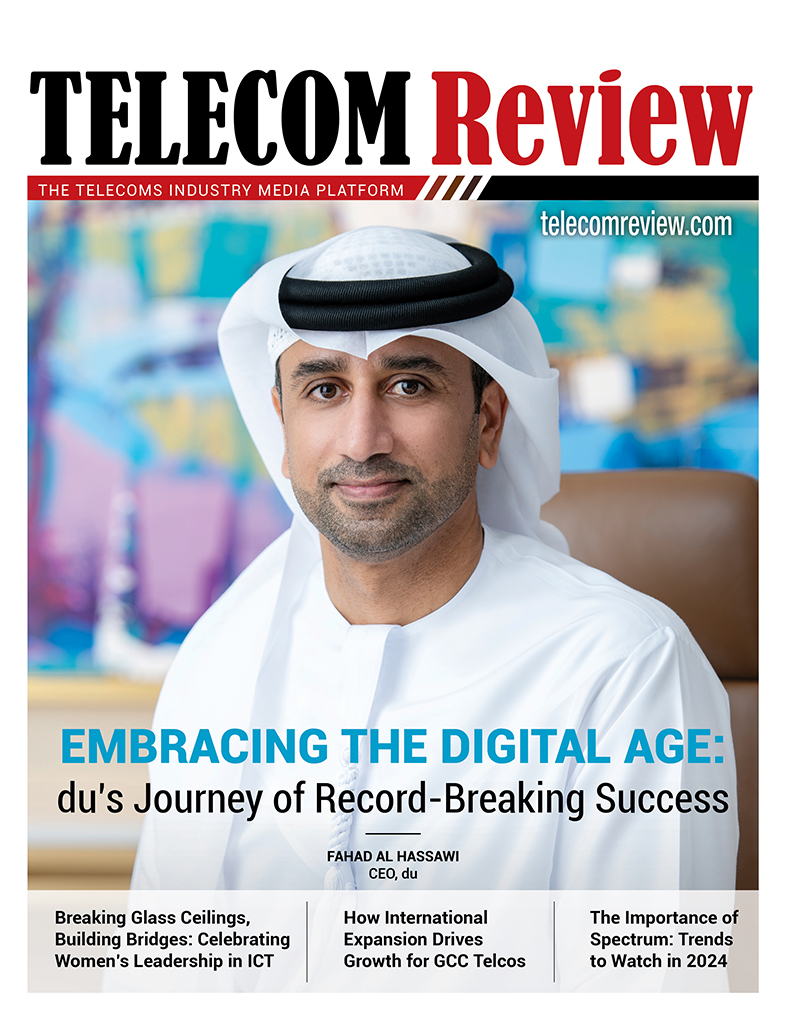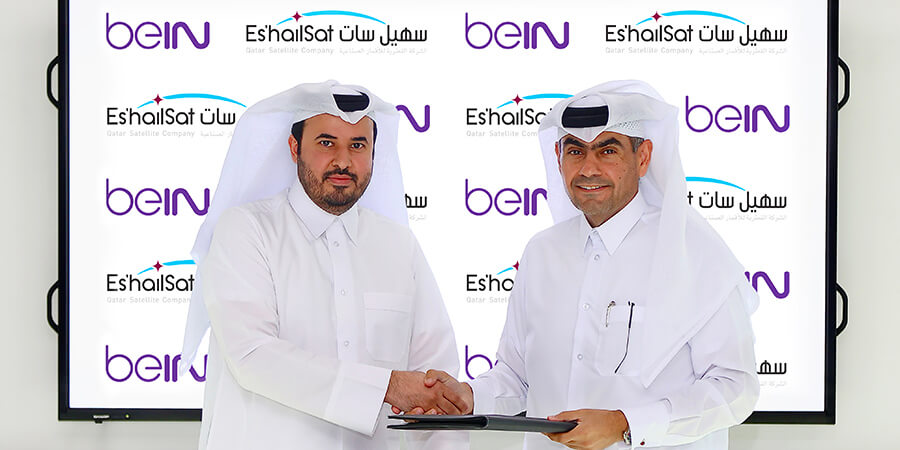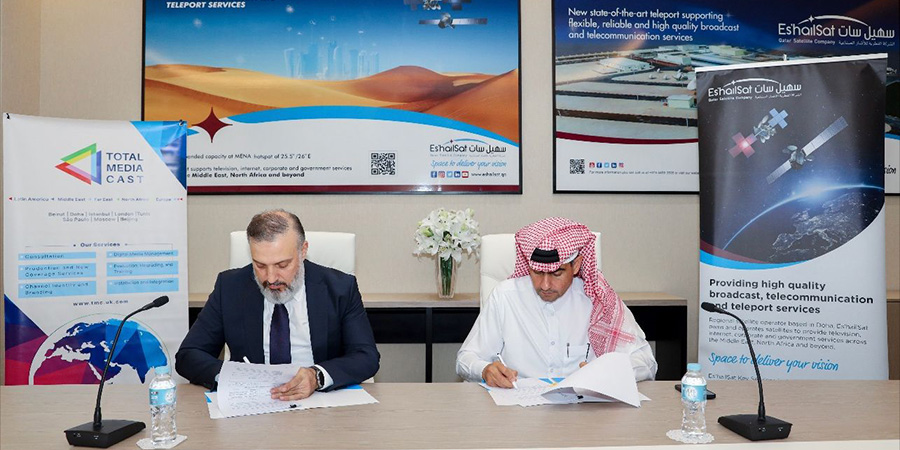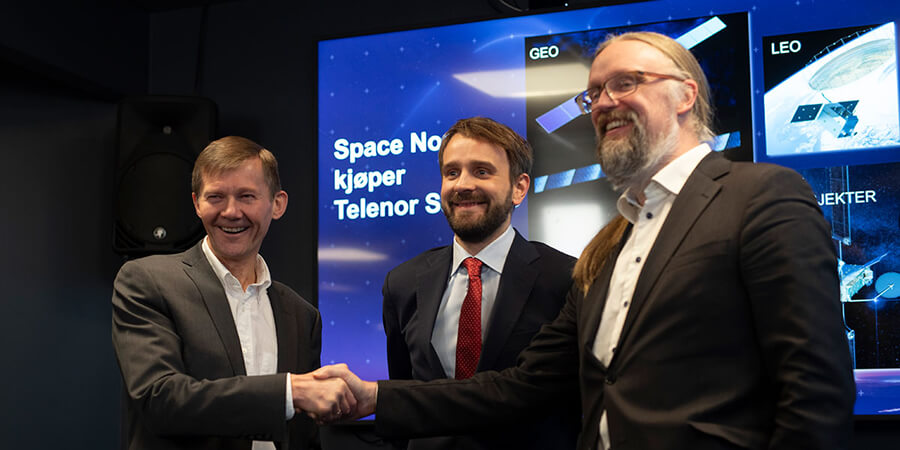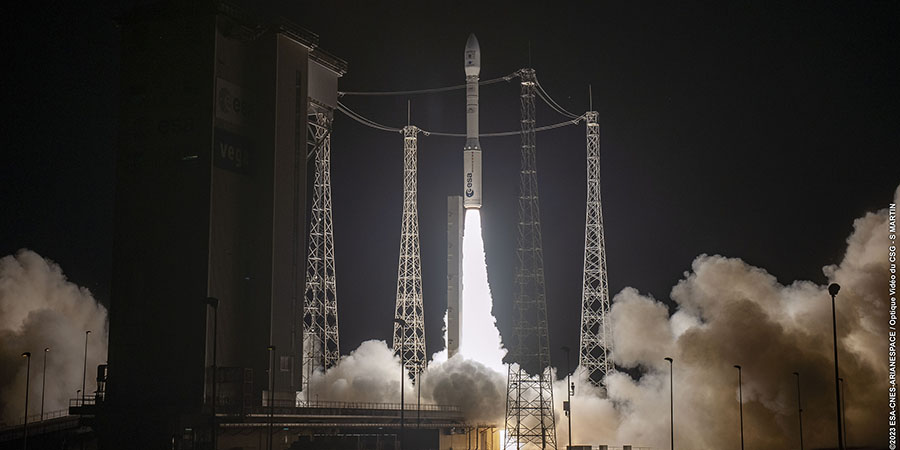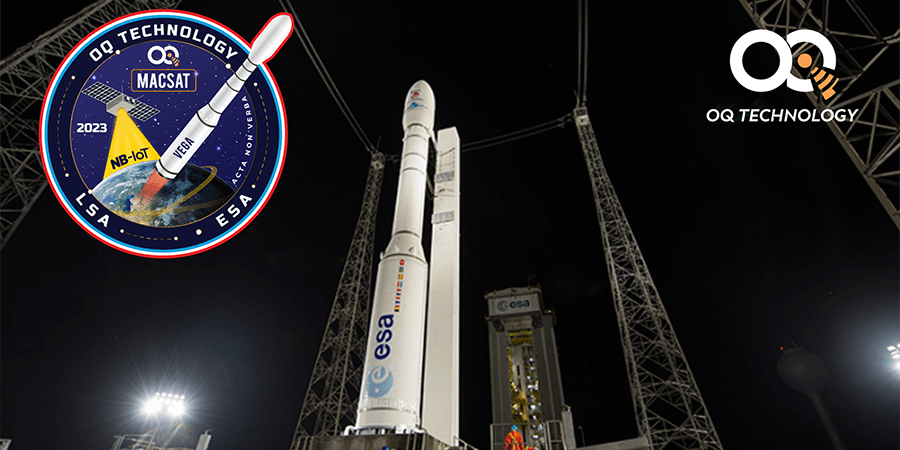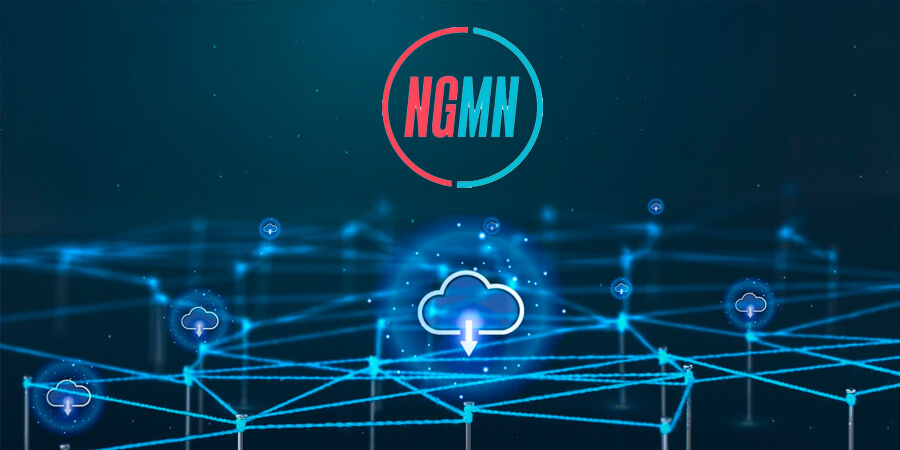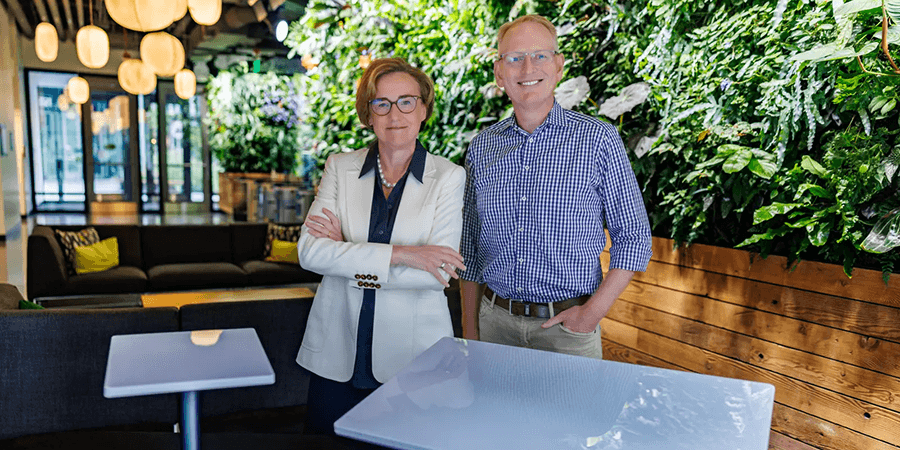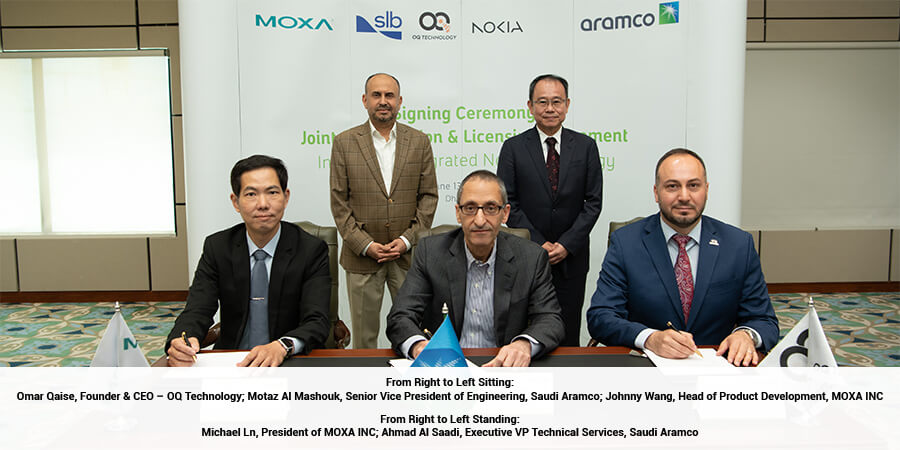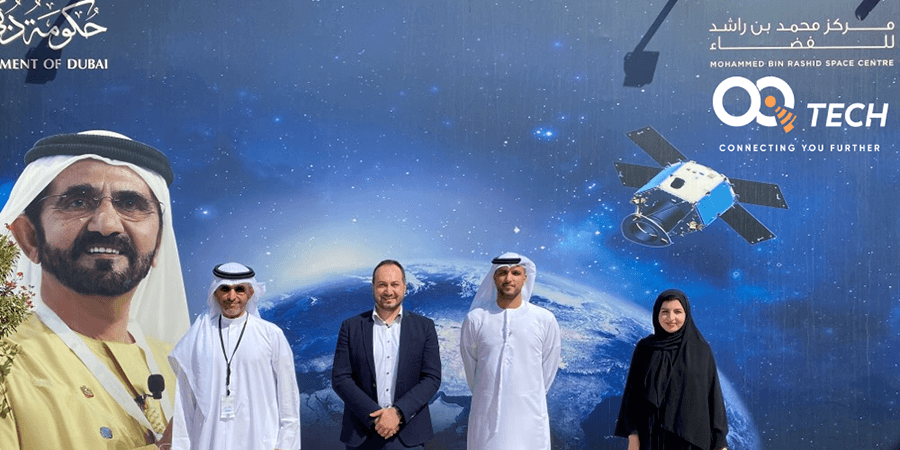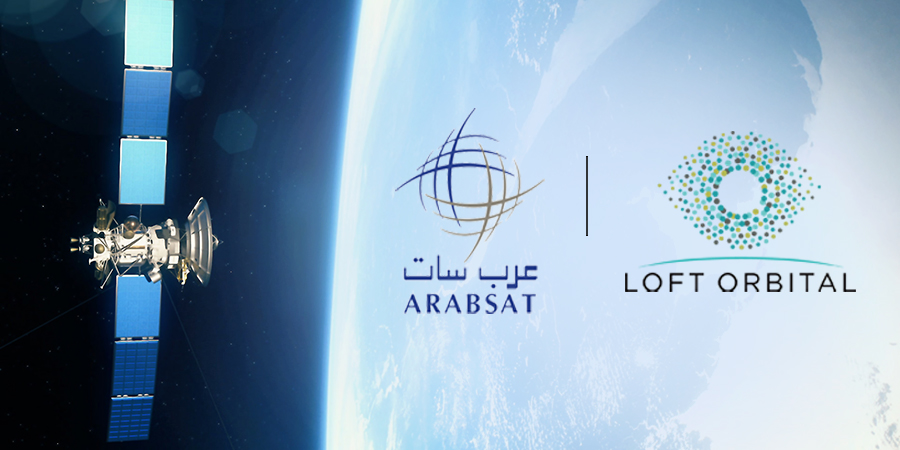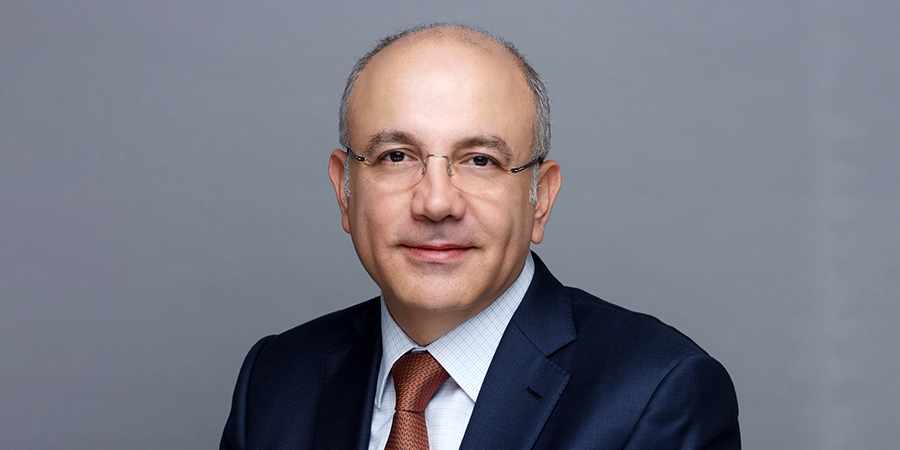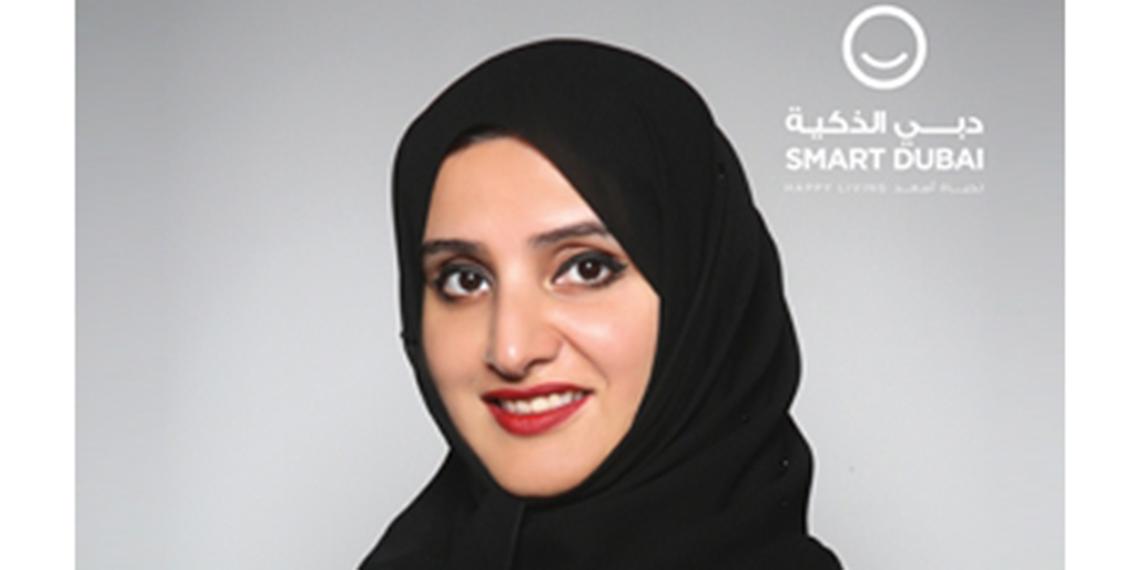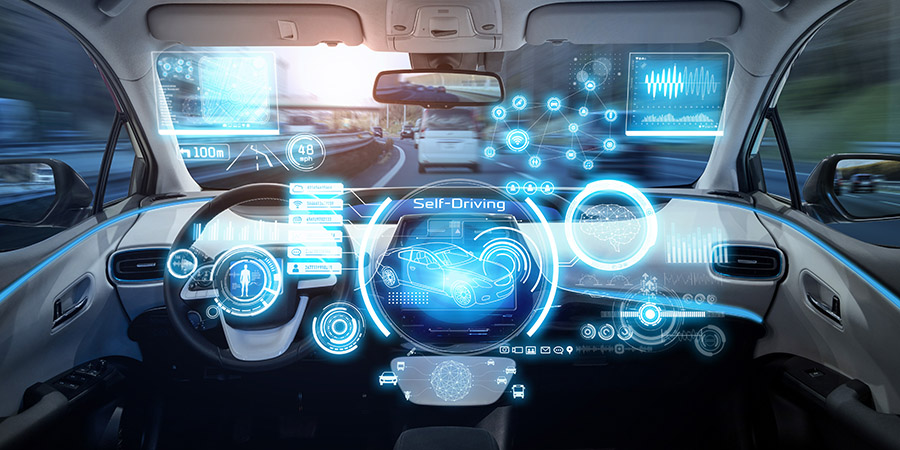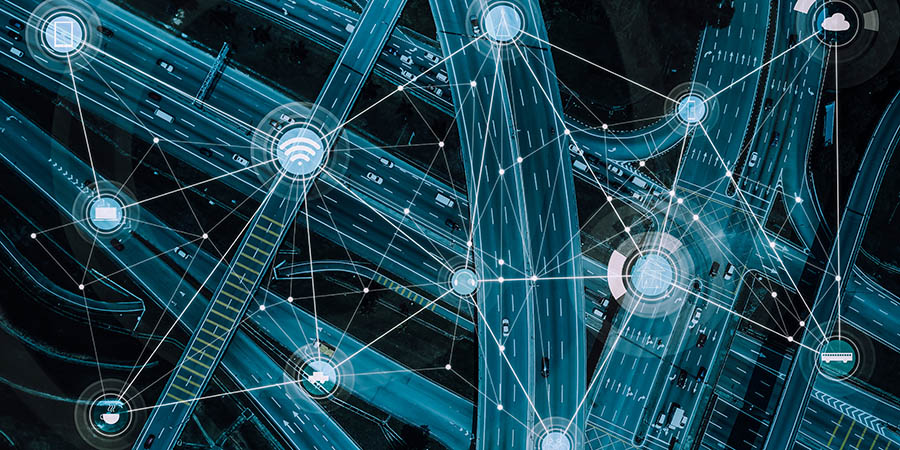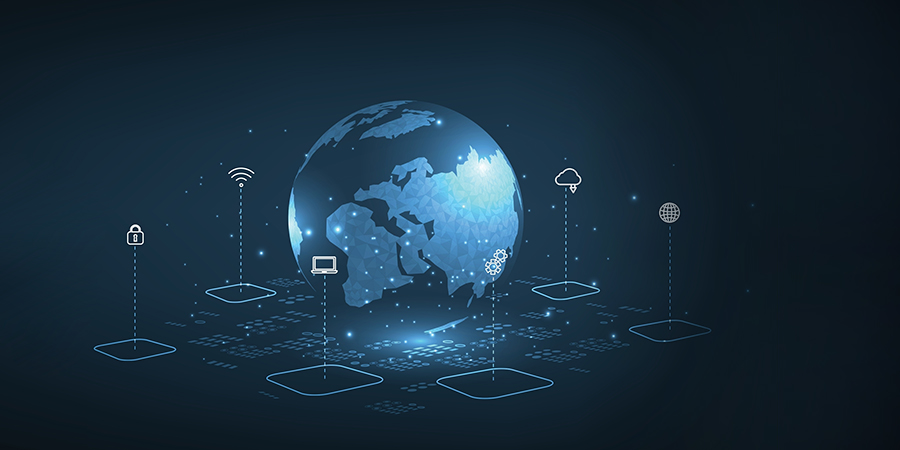"At this stage, we believe our roadmap and blueprint have covered every dimension to ensure Dubai will be a smart city across all sectors." That's what H.E. Dr. Aisha Bin Bishr, director general, Smart Dubai Office, discussed with Telecom Review in an interview about the latest Smart Dubai Office’s achievements and projects that will lead towards transforming Dubai into the happiest city in the world.
Transforming Dubai into the smartest and happiest city in the world requires a lot of hard work, how is Smart Dubai able to make this vision become a reality?
At the Smart Dubai Office we are following the vision of His Highness Sheikh Mohammed Bin Rashid Al Maktoum, Vice President and Prime Minister of the UAE, and ruler of Dubai to make Dubai the happiest city in the world, fuelled by technology innovation. The real reason we are doing this is to provide a better life for everyone with higher standards of living.
We are providing the right tools and policies like the Smart Dubai Platform and the Dubai Data Law, giving the city — the public sector, private sector and individuals — the tools they need to discover, test and innovate new solutions, which eventually benefits everyone. Unlike other smart city projects across the globe, Dubai is looking to transform the whole city — not just one district or industry. It would be impossible to accomplish such an ambitious transformation working alone or working in silos.
So, a very important part of what Smart Dubai is doing is to unify partners from different government entities and from the private sector to get everyone working together towards the same goal.
When it comes to the Smart Dubai Initiative, what have you achieved so far and how much has it maximized individual’s happiness?
One of our biggest successes is the launch of the Happiness Agenda. To fuel happiness as part of the city transformation, the Smart Dubai Office recently launched the Happiness Agenda, adopting a globally unique, science-based and methodical approach to impacting happiness for the whole city.
Under the Happiness Agenda, Smart Dubai is introducing a framework to ensure that individuals’ happiness, satisfaction or well-being is factored into leadership’s decision making on important city projects.
Another key success I would like to highlight is the success of an initiative within the Happiness Agenda called the 'Happiness Meter. The 'Happiness Meter’ is a customer satisfaction metric that was launched by Smart Dubai in October 2014, and is now in use by upwards of 40 government departments at service centers, websites and other 'interaction touchpoints.’ Results from the meters feed into the 'Happiness Index,’ a real-time happiness score for the city. City leadership and heads of government departments are able to call up the 'Happiness Index’ for the city, or their department, through a mobile app.
In May, His Highness Sheikh Mohammed Bin Rashid Al Maktoum, vice president and prime minister of the UAE, and ruler of Dubai, announced 89% happiness levels across the city, a statistic derived from the Happiness Meters installed around the city. During the announcement, the Happiness Meter was also opened to the private sector. Emirates NBD, one of the largest banks in the city, has already adopted the system for its mobile banking services. Upgrades to the Happiness Meter functionality and analytical capabilities are currently underway, with new features scheduled to launch later this year.
New developments such as d3 are being built, using the smart city principles in Dubai Plan 2021, how much do you think it’s an essential aspect to boost Dubai’s economy?
We recently published a report revealing the savings the Smart Dubai Government Establishment has saved for the government of Dubai by implementing smart services and initiatives on a government level. Dubai has saved over AED 4.3bn or AED 5.6 for AED 1 spent over the past 13 years.
Our city transformation studies show us that should this be replicated across the whole city, the benefits will be exponential. The benefits are not only limited to monetary terms, but include reduction of traffic and reduction of carbon emissions as well, in the end all leading to a happier Dubai.
Lately, which sector do you consider as smart in Dubai?
Following His Highness’ mandate to make Dubai the happiest and smartest city in the world, I cannot say one particular sector is doing better than the other in terms of innovation and introducing 'smart’ technology.
RTA is currently testing our driverless cars on the Mohammed Bin Rashid Boulevard, DEWA recently launched the Shams initiative which lets one generate their own renewable energy using solar panels and the Department of Economic Development in partnership with the Smart Dubai Government Establishment just launched Dubai’s very own artificial intelligence platform called Saad which is powered by IBM’s renowned Watson technology.
As part of your initiatives, what can you tell us about Dubai Data Portal and how will it improve individual’s experience?
The Dubai Data Portal will be powered by the new digital backbone of the city, the Smart Dubai Platform, which will bring several benefits to the residents of Dubai. It will unite city services, big data, cloud, IoT and digital identity across all dimensions, which will enable impact from strategic partners and government entities across all of Smart Dubai’s pillars.
Finally the private sector will then benefit by having access to open and shared data, which will help enhance everyday business decisions, nurture entrepreneurship and spur innovation in the economy.
When do you think you will achieve the whole plan of transforming Dubai to become fully smart?
At this stage, we believe our roadmap and blueprint have covered every dimension to ensure Dubai will be a smart city across all sectors. With that being said, technology is always evolving and part of our job at the Smart Dubai Office is to stay on top of the latest technology and evolve the way we create new services and initiatives; therefore, a city can never say at a given time they are fully smart unless they are up to date with all the latest technology from around the world.
IoT and Blockchain are great examples of two such technologies that are revolutionizing the everyday transaction experience of people around the world and is something we are deeply looking into.



